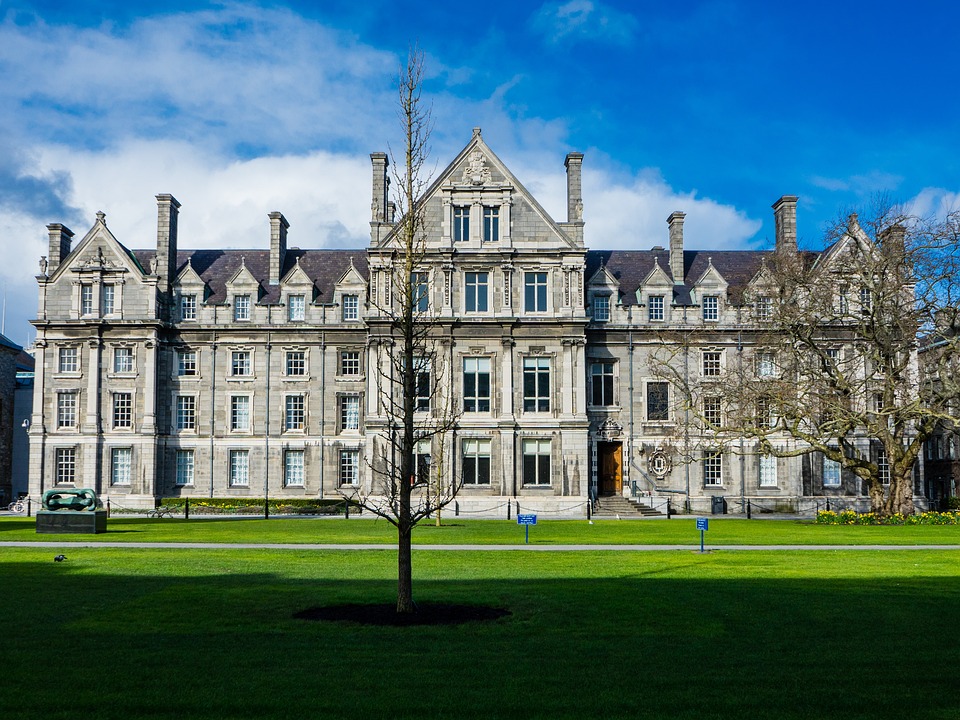From Dreams to Reality: Travel Visa Application Tips to Avoid Rejection (A Nigerian’s Guide)
For many Nigerians, international travel is a cherished dream. Whether it’s for education, business, tourism, or visiting family, the process often begins with the daunting task of securing a travel visa. Unfortunately, visa rejections are a common experience, leaving applicants frustrated and dreams deferred. But don’t despair! With careful planning, meticulous preparation, and a clear understanding of the requirements, you can significantly improve your chances of a successful visa application. This comprehensive guide provides essential travel visa application tips tailored specifically for Nigerian applicants, helping you navigate the process and increase your odds of turning your travel dreams into reality.
Understanding the Landscape: Why Visa Rejections Happen
Before diving into the tips, it’s crucial to understand the common reasons for visa refusals. This understanding allows you to proactively address potential issues in your application. Some of the most frequent reasons include:
- Insufficient Funds: This is a major red flag. Embassies want to ensure you can financially support yourself during your stay and won’t become a burden on their social welfare system.
- Weak Ties to Nigeria: Consulates want to be convinced you have strong reasons to return to Nigeria after your visit. This includes family ties, job security, property ownership, and ongoing business commitments.
- Incomplete or Inaccurate Information: Even a minor discrepancy can raise suspicion. Honesty and thoroughness are paramount.
- Suspicion of Immigrant Intent: If the consulate suspects you intend to stay in their country permanently, your application will likely be denied.
- Past Visa Violations: If you have previously overstayed a visa or violated immigration laws, it will significantly impact your future applications.
- Criminal Record: A criminal record can be a major obstacle to obtaining a visa, especially for serious offenses.
- Poor Interview Performance (If Required): The interview is your opportunity to clarify any concerns and demonstrate your genuine intent to travel and return.
- Fraudulent Documents: Submitting fake or altered documents will not only lead to immediate rejection but could also result in legal consequences.
Key Travel Visa Application Tips for Nigerian Applicants:
Now, let’s delve into the practical tips to enhance your visa application. These tips are specifically tailored to address common challenges faced by Nigerian applicants.
1. Research Thoroughly and Choose the Right Visa Type:
- Destination Matters: Different countries have varying visa requirements and application processes. Start by researching the specific requirements for the country you plan to visit on the embassy’s official website.
- Visa Type is Critical: Select the correct visa type based on the purpose of your visit. Are you traveling for tourism, business, education, or to visit family? Applying for the wrong visa type will lead to automatic rejection.
- Gather Required Documents Early: Once you know the visa type, create a checklist of all required documents and start gathering them well in advance. This includes passport copies, photographs, application forms, financial statements, invitation letters (if applicable), and travel itinerary.
2. Demonstrate Strong Ties to Nigeria:
- Employment Verification: Provide a letter from your employer confirming your position, salary, and length of employment. Include pay slips for the past 3-6 months.
- Property Ownership: Submit copies of property deeds, land documents, or tenancy agreements as proof of your ties to Nigeria.
- Family Responsibilities: Provide marriage certificates, birth certificates of children, and any documents demonstrating your responsibility for family members.
- Business Ownership: If you own a business, provide registration certificates, tax clearance certificates, and evidence of ongoing business operations.
- Bank Statements: Maintain healthy and consistent bank account activity for at least six months. Avoid large, unexplained deposits just before applying.
3. Prove Sufficient Funds for Your Trip:
- Detailed Bank Statements: Provide bank statements that clearly show your name, account number, and transaction history. Avoid using statements older than 30 days.
- Sponsorship Letters (If Applicable): If someone is sponsoring your trip, they must provide a letter of sponsorship along with their bank statements and proof of identity.
- Fixed Deposits and Investments: Include certificates of fixed deposits, investment portfolios, or other financial assets as proof of your financial stability.
- Cover All Expenses: Demonstrate that you have sufficient funds to cover your travel costs, accommodation, food, activities, and any potential emergencies.
4. Prepare a Detailed Travel Itinerary:
- Round-Trip Tickets: Provide confirmed round-trip flight tickets or a detailed flight itinerary showing your arrival and departure dates.
- Accommodation Bookings: Include confirmed hotel reservations or proof of accommodation arrangements.
- Planned Activities: Outline your planned activities, including sightseeing tours, events, and attractions you intend to visit. This shows you have a well-defined purpose for your trip.
5. Fill the Application Form Accurately and Honestly:
- Read Instructions Carefully: Understand all the instructions before you begin filling the application form.
- Provide Complete Information: Answer all questions truthfully and completely. Do not leave any blank spaces. If a question doesn’t apply to you, write “N/A.”
- Double-Check for Errors: Review the application form carefully for any errors or inconsistencies before submitting it.
6. Prepare for the Visa Interview (If Required):
- Dress Professionally: Make a good impression by dressing professionally and respectfully.
- Be Honest and Confident: Answer the interviewer’s questions truthfully and confidently.
- Maintain Eye Contact: Make eye contact with the interviewer to show sincerity and trustworthiness.
- Know Your Purpose: Be clear and concise about the purpose of your trip and your intentions to return to Nigeria.
- Practice Common Questions: Anticipate common interview questions and prepare your answers in advance.
7. Avoid Common Mistakes:
- Using Fake Documents: Never, under any circumstances, submit fake or altered documents. This is a serious offense that can have long-term consequences.
- Withholding Information: Be honest and transparent about your personal and financial circumstances.
- Applying Too Early: Apply for your visa no more than three months before your intended travel date.
- Ignoring Embassy Instructions: Always follow the instructions provided by the embassy or consulate.
8. Seek Professional Assistance (Optional):
- Consult with a Travel Agent: A reputable travel agent can provide guidance on the visa application process and help you prepare your documents.
- Engage an Immigration Lawyer: In complex cases, particularly those involving past visa violations or criminal records, it may be beneficial to consult with an immigration lawyer.
Final Thoughts:
Securing a travel visa requires patience, meticulous preparation, and a thorough understanding of the requirements. By following these travel visa application tips specifically tailored for Nigerian applicants, you can significantly improve your chances of success. Remember to be honest, transparent, and proactive in addressing any potential concerns. With careful planning and dedication, you can turn your travel dreams into a reality. Good luck!



